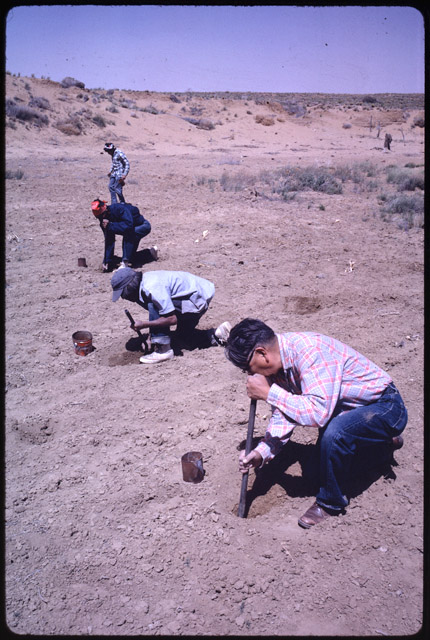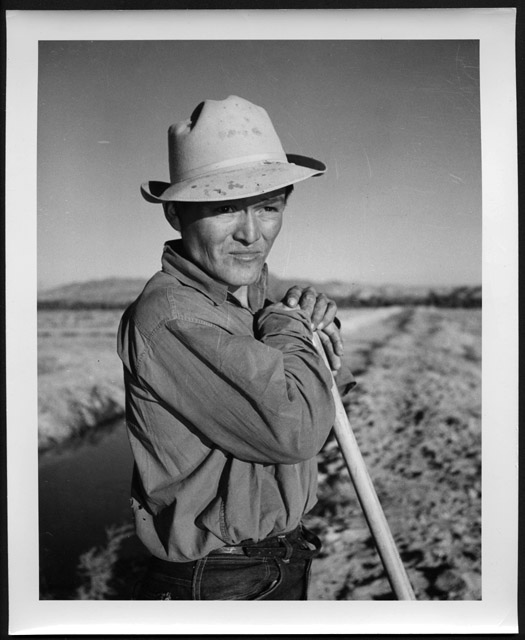



Farming and gardening are essential elements of Hopi culture. The archaeological record shows that agriculture was introduced to the northern Southwest from Mesoamerica as early as 1500 B.C. The Hopi view of agriculture, specifically corn, differs from academic interpretations. Since the emergence, this life is referred to as the fourth way of life for Hopis. As the Hopi moved from the third to the fourth way of life, they were offered corn by Ma'saw. The other peoples took the largest ears of corn and Hopis were left with the short blue ear. Each clan history explains how the Hopi received the short blue ear. The Hopis knew that their fourth way of life would be difficult and that they must submit to the corn as a way of life. The themes of humility, cooperation, respect, and universal earth stewardship became the lifeway of all Hopis. In this way, the Hopi have always had corn and agriculture.

The Hopi have been able to adapt to their arid desert climate by using different agricultural methods. These methods include dry farming in the washes or valleys between the mesas as well as gardening on irrigated terraces along the mesa walls below each village. Some of the garden terraces at Paaqavi (Bacavi) have been in use since, approximately, A.D. 1200.
Dry farming depends completely on natural precipitation--winter snows or summer monsoon rains. Terrace irrigation is possible because of the perennial springs at each village that originally permitted settlement. A combination of modern and traditional implements are used, such as tractors, discs, digging sticks, and hoes.

Farming and gardening in northern Arizona are high-risk activities because of cutworms, coyotes, rabbits, crows, ravens, flood, drought, and the arid climate. Agriculture is an act of faith for the Hopi that serves as a religious focus as well as an economic activity. The farm and garden plots belong to the women of each clan. Working these plots provides crops unique to the Hopi diet. These agricultural activities also reinforce traditions and customs in each new generation, for as one Hopi gardener said, "This is not about growing vegetables; it is about growing kids."